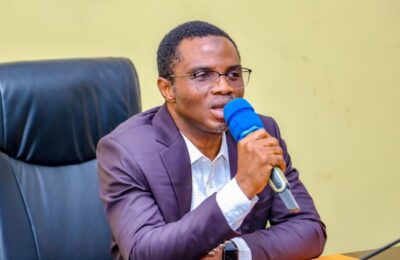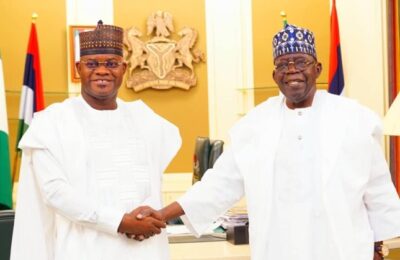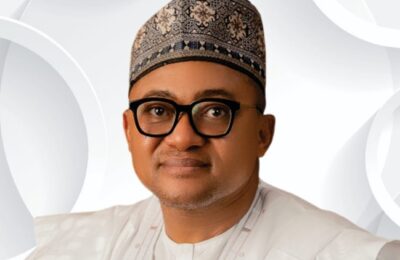By Musa Bakare
It has become disturbingly common for critics, especially those within the opposition coalition to blame President Bola Ahmed Tinubu for Nigeria’s current challenges.
This narrative, pushed with political hypocrisy and selective outrage, ignores the long standing, deeply rooted nature of the nation’s problems.
To hold President Tinubu solely responsible after a short span of his administration in office is not only unfair, it is both wicked and unreasonable.
The reality is that Nigeria’s challenges did not begin in 2023. Our economic woes, infrastructural decay, rising insecurity, and weak institutions are the result of several decades of poor governance, policy inconsistencies, and widespread corruption.
These issues were created and worsened by successive administrations, many of which included the very politicians in coalition now quick to cast blame.
Rather than simply managing the dysfunction, President Tinubu has chosen the more difficult path, reform. From removing the decades old fuel subsidy to introducing bold measures for long term economic stabilization, his administration is laying the groundwork for genuine national recovery. These decisionsv are necessary if Nigeria is to experience lasting progress.
Unfortunately, the opposition coalitionists continues to pretend that the crisis is a Tinubu creation. They conveniently forget their own role in bringing the nation to this state, through reckless spending, policy summersaults, and economic mismanagement. Their selective amnesia and loud condemnations are driven more by political ambition than sincere concern for national development.
In addition to the inherited issues, external global factors have further worsened the situation. From inflation and oil market volatility to the far reaching economic effects of the COVID-19 pandemic, these are forces beyond any single president’s control.
Even advanced economies are still struggling to recover. Expecting an administration in just its second year to magically reverse decades of damage is both unrealistic and dishonest.
There is a clear distinction between constructive criticism and malicious scapegoating. What Nigeria needs at this critical juncture is honest dialogue, national unity, and a shared commitment to the reforms required to fix a broken system, especially as we look toward 2027.
Nigerians must resist the urge to fall into the trap of blame culture. No leader governs in isolation. The success of any administration depends on the cooperation of the National Assembly, state governments, civil society, the judiciary, and indeed the people. Nation building is a collective effort.
The self righteous attitude of some opposition figures is not only unhelpful, it is deceptive. Many of them had opportunities to lead and reform but instead worsened the system. Their sudden display of moral superiority should be challenged and query not applauded.
President Tinubu has only spent two years in office. His policies are still unfolding. To judge his administration without acknowledging the historical and institutional realities of Nigeria is intellectually dishonest and politically motivated.
If we truly want to see Nigeria rise, we must look beyond partisanship and support the long and difficult task of national reform and transformation, rather than simplistic some blame.
– Musa Asiru Bakare
Foundation Member, All Progressives Congress (APC),Member, Tinubu Support Group (TSG), Political Analyst writes from Lokoja, Kogi State.




